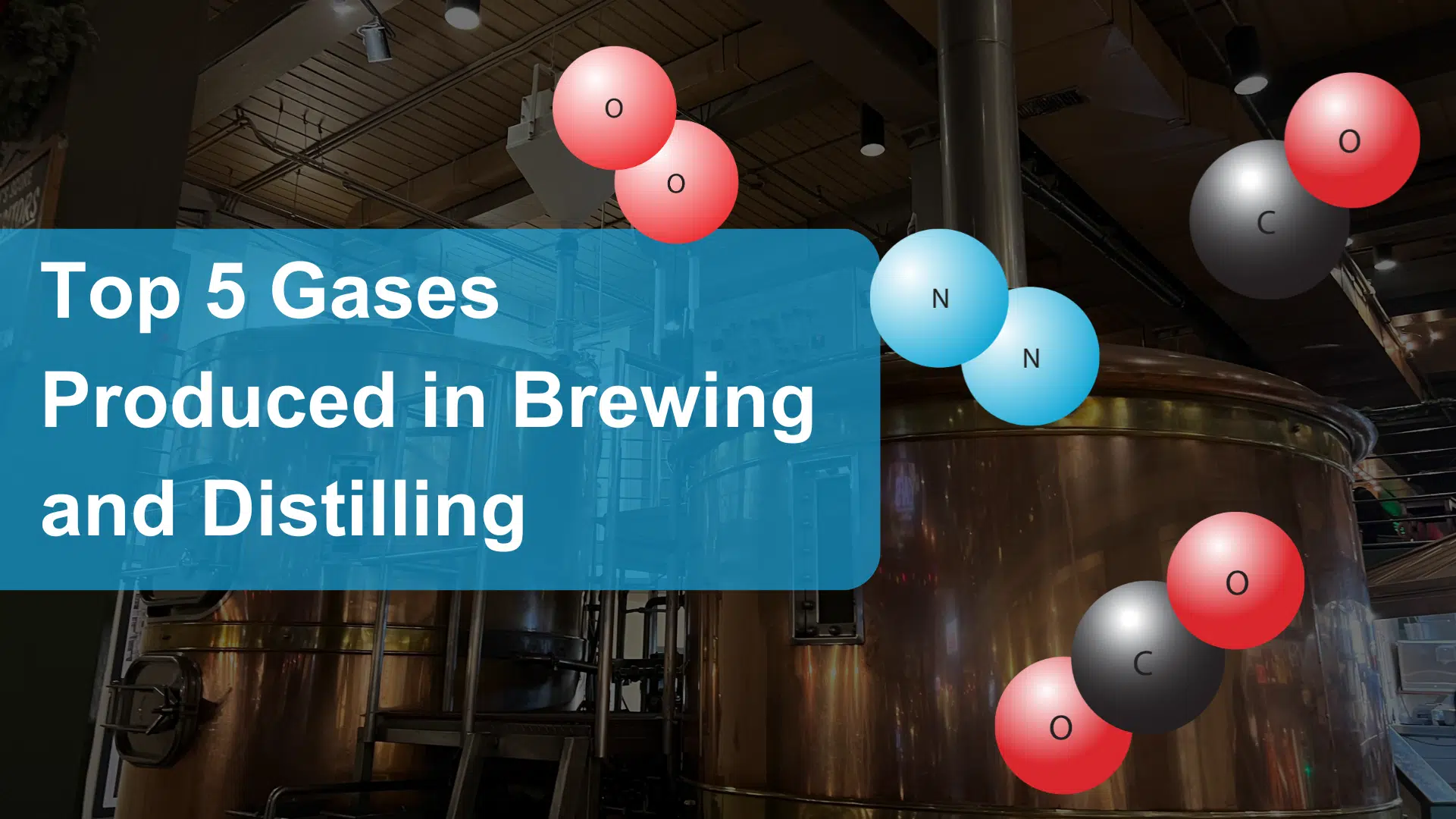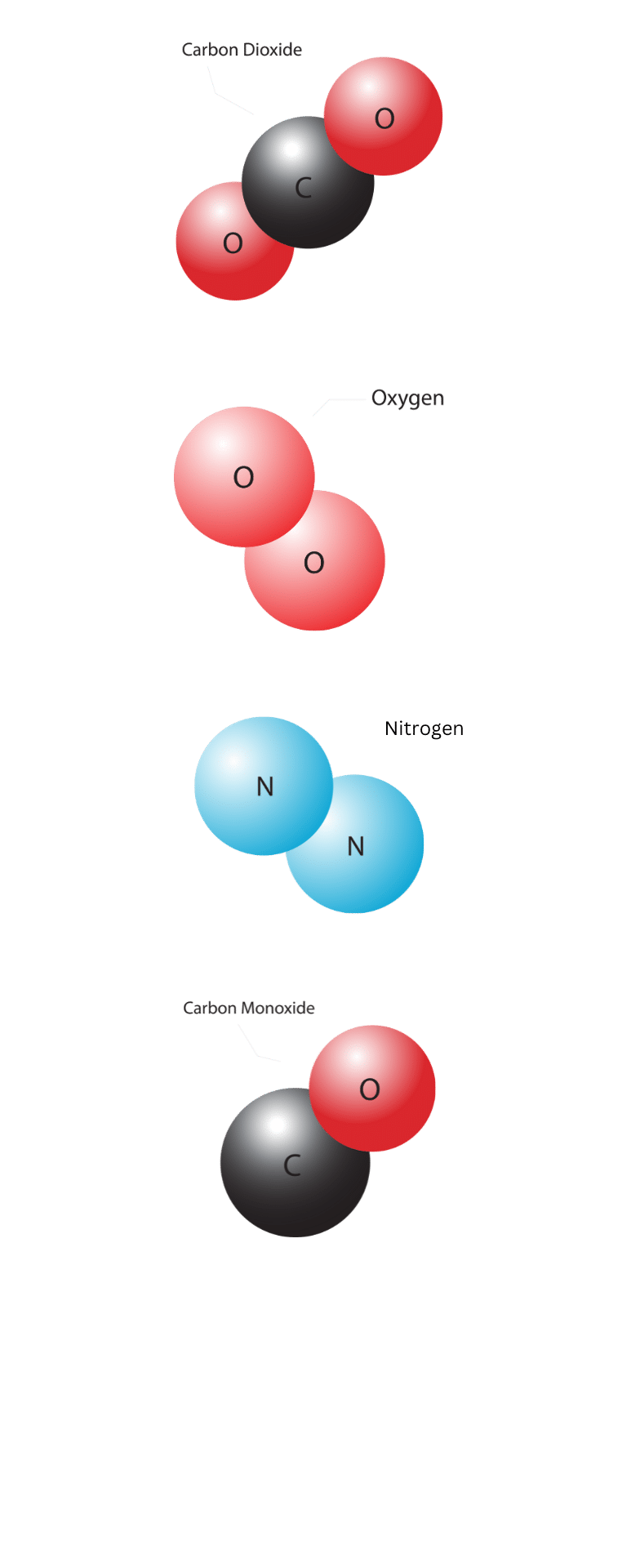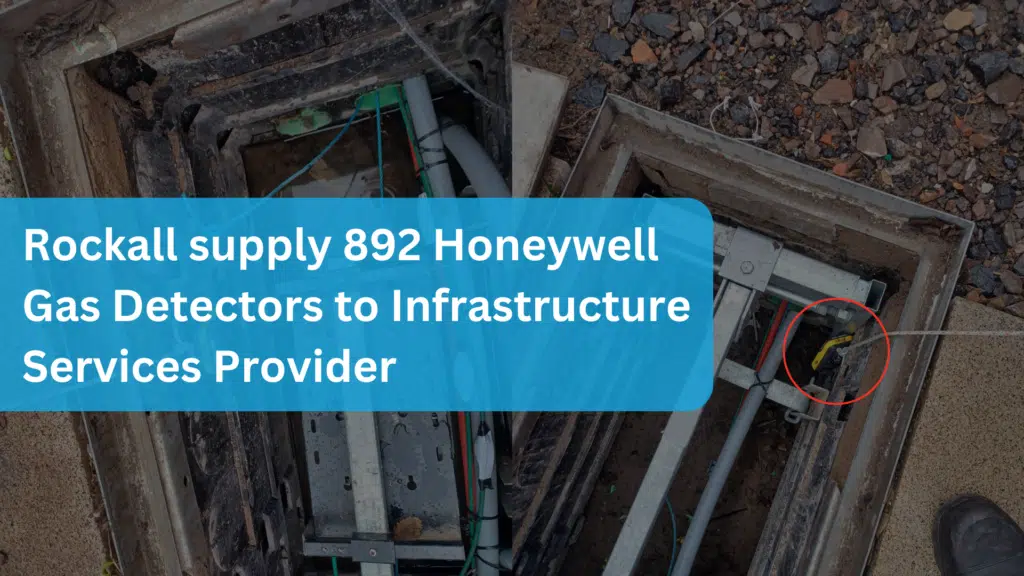
5 Gases Produced in Distilling and Brewing
Breweries and distilleries are busy places where fermentation, distillation, and storage processes release different gases. Some of these gases are vital for production, but they can also be dangerous if not monitored properly. Without proper care, they can affect worker safety and product quality.
To keep operations safe, it’s important to understand which gases are present and their potential risks.
Carbon Dioxide (CO2)
Carbon dioxide is a natural by-product of fermentation. It is released in large quantities during brewing and distilling. While necessary for carbonation and other processes, CO2 can be dangerous in confined spaces. Since it is heavier than air, CO2 can gather in low-lying areas, displacing oxygen and creating an asphyxiation risk. High CO2 levels can cause dizziness, headaches, and even unconsciousness. Proper ventilation and CO2 detectors are essential to maintain a safe working environment.
Oxygen (O2)
Oxygen levels need careful monitoring for two primary reasons. First, too much oxygen exposure can cause spoilage and off-flavours in beer and spirits. Second, oxygen displacement by CO2 or nitrogen (N2) can create an environment with dangerously low oxygen levels, leading to asphyxiation. Monitoring oxygen concentrations ensures both product quality and worker safety.
Nitrogen (N2)
Nitrogen is widely used in breweries and distilleries to purge tanks, push beer through lines, and prevent oxidation. However, because nitrogen is an inert gas, it can displace oxygen in confined spaces, creating a suffocation hazard. Without proper monitoring, workers may not notice oxygen depletion until it is too late. Oxygen sensors in enclosed areas help prevent accidents.
Carbon Monoxide (CO)
Carbon monoxide can be produced by combustion processes, such as using gas-powered forklifts, boilers, and generators. CO is colourless and odourless. Therefore, it is particularly dangerous and can cause symptoms like nausea, dizziness, confusion, and, at high levels, death. Installing CO detectors in areas with combustion equipment helps keep employees safe.
Ethanol Vapours
Ethanol is a key component in distilleries. However, its vapours can accumulate and pose both health and explosion risks. Ethanol is highly flammable, and poor ventilation can lead to dangerous vapour levels. Additionally, prolonged exposure to ethanol fumes can cause dizziness, respiratory irritation, and other health effects. Proper monitoring and explosion-proof ventilation systems help mitigate these risks.

The Importance of Gas Detection
To ensure a safe brewing or distilling environment, investing in a proper gas monitoring system is important. These systems provide real-time alerts for dangerous gas levels, helping prevent accidents and ensuring compliance with safety regulations. Moreover, Regular equipment maintenance and employee training on gas hazards further enhance workplace safety.
By understanding and managing these five key gases, breweries and distilleries can create a safer working environment while maintaining product quality and efficiency. Prioritising gas monitoring protects both employees and the business, ensuring smooth operations.
Our large range of fixed gas detection solutions can monitor your facilities 24 hours a day. Get in touch with our team today to discuss the perfect solution for you!
Give us a call on 02920 759 683
Further reading: https://www.hse.gov.uk/gas/domestic/legislation.htm





